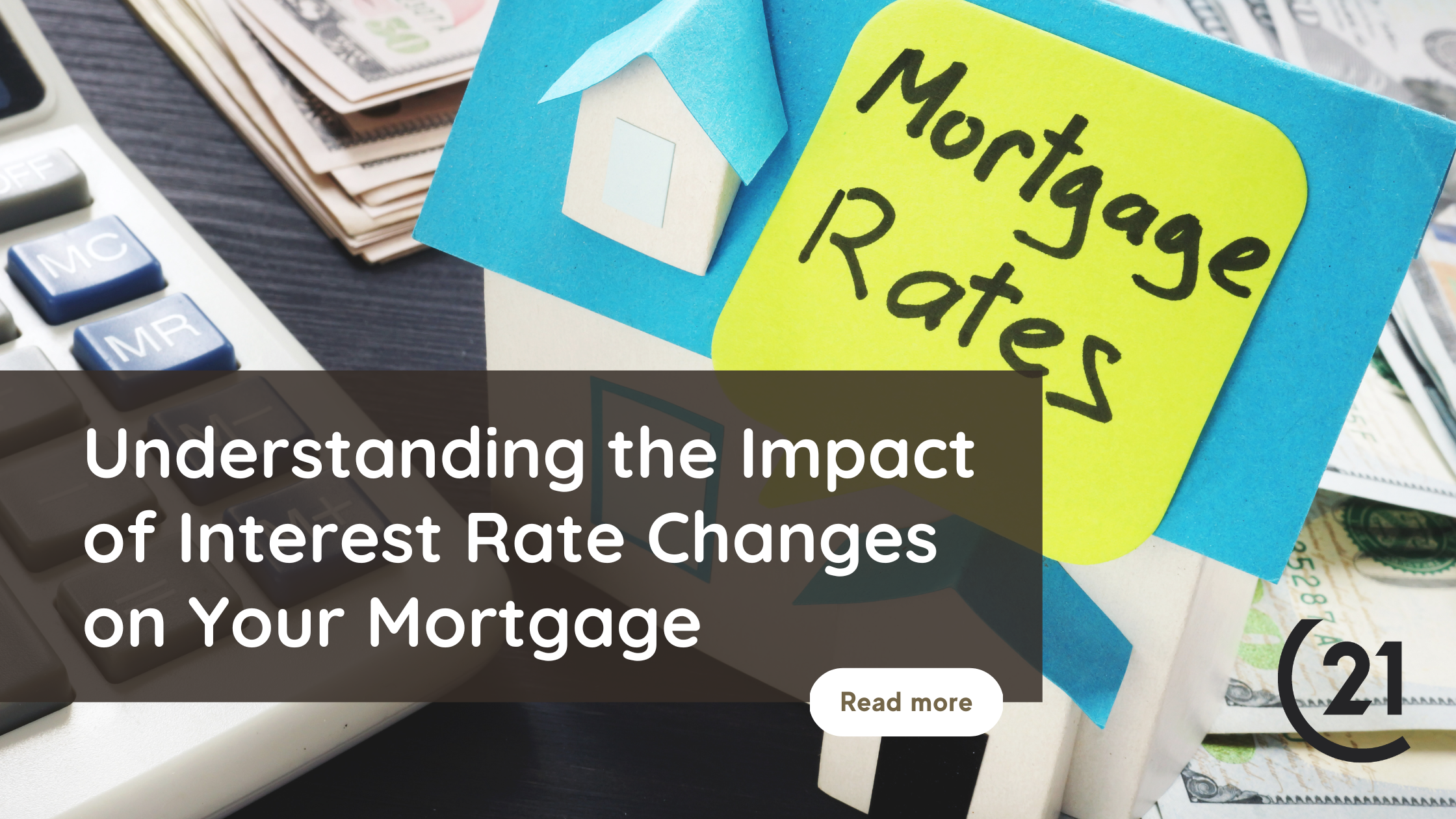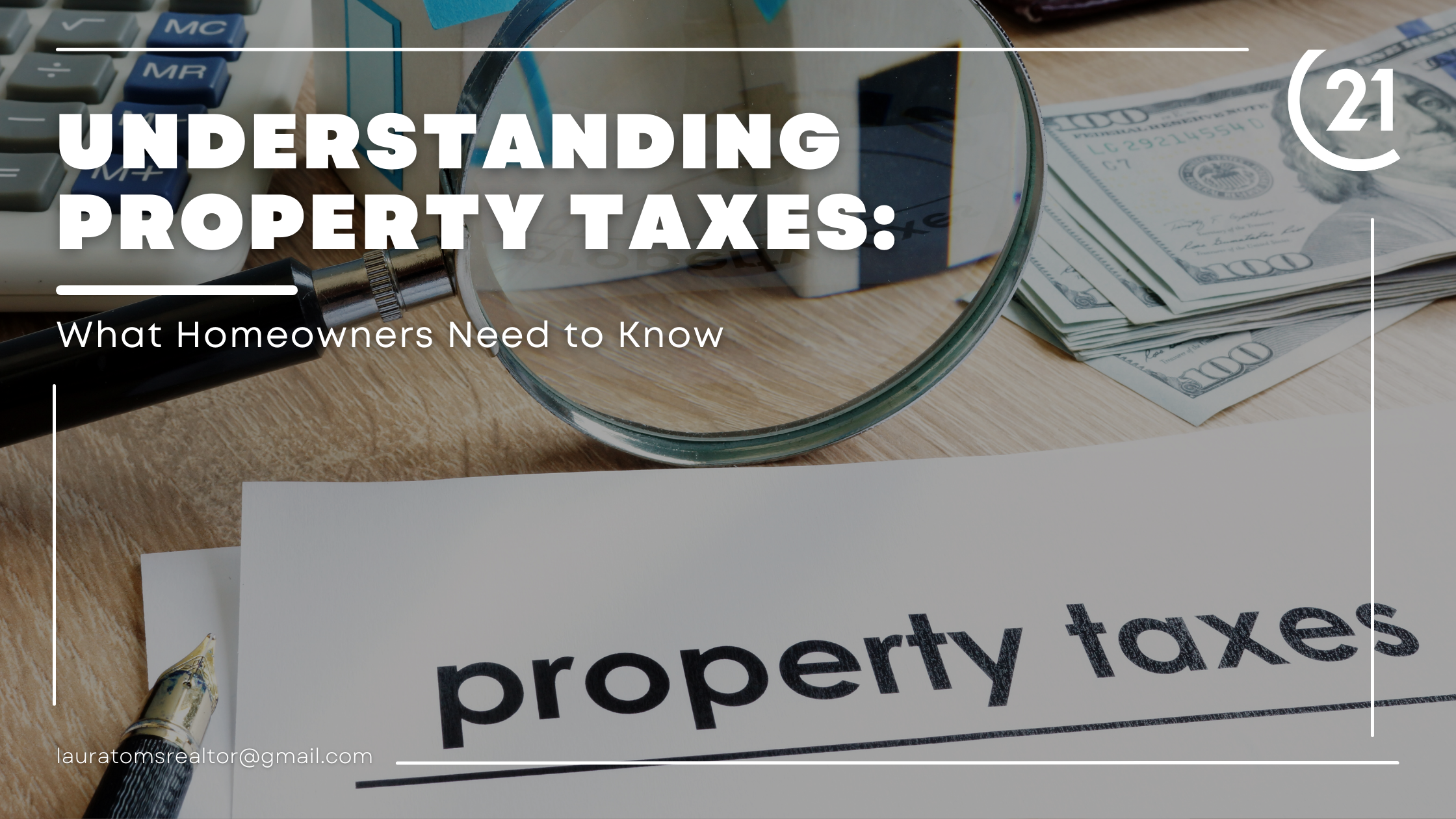Selling your home can be a bit nerve-wracking, but getting it ready for the market doesn’t have to be a headache. With the right plan and a detailed checklist, you can turn your house into a buyer’s dream. Here’s your ultimate guide to getting your home market-ready in 2024, covering everything from decluttering and repairs to staging and curb appeal.
Decluttering: Make Your Space Inviting
The first step in getting your home ready for the market is decluttering. Buyers want to imagine themselves living in your space, and that’s tough to do if it’s filled with your stuff. Here’s how to tackle the clutter:
- Start with storage areas: Begin with places like the attic, basement, and garage. Clear out items you no longer need, donate what you can, and organize the rest. Use shelving units and labeled bins to keep things tidy. Remember, the goal is to make these spaces look spacious and functional.
- Clear countertops: In the kitchen and bathrooms, keep countertops clear of everything except essential items. Store small appliances, toiletries, and other items out of sight. This makes the spaces look larger and more functional. Consider using attractive storage solutions like decorative baskets and trays.
- Minimize furniture: Less is more when it comes to furniture. Remove any pieces that make rooms feel cramped. Aim for a layout that highlights the space and flow of each room. Consider renting a storage unit if needed. If you don’t want to rent a unit, see if friends or family can temporarily store some pieces for you.
- Depersonalize: Take down family photos, personal collections, and anything that might distract buyers. Neutral decor helps buyers imagine their belongings in the space. Replace bold artwork with simple pieces. A neutral palette also photographs better, which is crucial for online listings. Think of your home as a blank canvas where buyers can project their own lives.
- Organize closets: Tidy up closets to show off their storage potential. Use baskets and bins to keep everything neat and accessible. A well-organized closet gives the impression of ample storage space. Remove seasonal clothing to make closets appear larger and more organized.
Repairs: Fix What’s Broken
Next up is tackling any repairs. Buyers will notice even minor issues, so it’s important to fix them before listing your home. Here’s what to focus on:
- Inspect your home: Do a thorough walk-through and make a list of all the repairs needed, from leaky faucets to cracked tiles. Pay special attention to high-traffic areas and any visible damage. If necessary, hire a home inspector to help you identify problems that you might overlook. Addressing these issues upfront can prevent surprises during the buyer’s inspection.
- Patch and paint: Fill in any holes or cracks in the walls and apply a fresh coat of neutral paint to brighten up the space. Neutral colors appeal to a wider range of buyers and make rooms look larger and cleaner. Touch up trim and doors to ensure the entire space looks well-maintained.
- Check for plumbing and electrical issues: Fix any dripping faucets, running toilets, and faulty light switches. Ensure all electrical outlets and fixtures are functioning properly. Consider hiring a professional if the issues are beyond your DIY skills. Electrical and plumbing issues can be deal-breakers for many buyers and addressing these issues ensures that your home is move-in ready.
- Replace worn-out items: Swap out any worn or outdated fixtures, like cabinet handles, faucets, and light fixtures, with modern alternatives. Small updates can make a big difference in the overall look and feel of your home. Choose fixtures that match the overall style of your home for a cohesive look or go for classic neutral styles that appeal to a broad audience.
- Service major systems: Have your HVAC system, water heater, and any other major appliances serviced to ensure they’re in good working order. Providing maintenance records to potential buyers can add a layer of trust. This proactive approach can also prevent unexpected breakdowns during the selling process.
Staging: Make It Look Like a Model Home
Staging is all about making your home look its best and appealing to the widest range of buyers. Here’s how to stage your home effectively:
- Furniture arrangement: Arrange furniture to create an open and inviting layout. Ensure there’s a clear pathway through each room and that all focal points, like fireplaces or large windows, are highlighted.
- Add fresh touches: Place fresh flowers or bowls of fruit in the kitchen and dining areas. Consider adding new, fluffy towels in the bathrooms and crisp linens on the beds. These small touches can make your home feel warm and welcoming. Freshly laundered bedding and towels give a clean, hotel-like feel.
- Neutral decor: Use neutral colors for bedspreads, rugs, and curtains to create a clean and serene environment. This helps buyers imagine how they can make the space their own. Incorporate pops of color with pillows and throws for a balanced look. Keep decor simple and tasteful to avoid overwhelming the buyers.
- Create cozy spaces: Set up small areas that feel cozy and functional, like a reading nook with a comfortable chair and a small side table. Highlight any unique features of your home, such as a window seat of built-in shelves. Make sure each space has a clear purpose to help buyers envision their lifestyle in your home.
- Keep it spotless: Cleanliness is crucial. Ensure your home is spotless from top to bottom, including windows, floors, and even appliances. A clean home not only looks better but also shows that it’s well-maintained. Pay special attention to high-touch areas like light switches, door handles, and countertops.
Curb Appeal: First Impressions Matter
The exterior of your home is the first thing buyers see, so making a good first impression is essential. Boost your curb appeal with these tips:
- Tidy up the yard: Mow the lawn, trim bushes, and remove any weeds or dead plants. Consider adding fresh mulch to garden beds for a polished look. Plant seasonal flowers for a splash of color. Keep walkways clear and repair any cracks in the driveway or paths.
- Power wash: Clean your home exterior, including the siding, walkways, and driveway. A power wash can make everything look fresh and new. Don’t forget to clean the windows and gutters. Clean windows let in more light and make your home feel more inviting.
- Paint the front door: A freshly painted front door in a welcoming color can make a big impact. Don’t forget to polish or replace the door hardware if needed. A new doormat can also add a nice touch. The front door is a focal point, so make sure it stands out for the right reasons.
- Add plants: Potted plants or flowers near the entrance can add a touch of color and make the home feel inviting. Choose plants that are easy to maintain and look good year-round. Consider adding a small bench or seating area to make the entrance feel more welcoming.
- Update exterior fixtures: Replace outdated light fixtures, house numbers, and the mailbox to give your home a more modern look. Ensure all outdoor lights are functioning and consider adding solar lights along pathways. Good lighting enhances security and creates a warm atmosphere.
- Ensure good lighting: Make sure all outdoor lights are working, and consider adding path lights to enhance evening curb appeal. Good lighting can make your home look more inviting and secure. Highlight key architectural features with spotlights.
Additional Tips for a Market-Ready Home
- Hire a professional cleaner: A deep professional clean can make your home sparkle and show buyers it’s well cared for. Consider regular cleaning services while your home is on the market to maintain its pristine condition. Clean homes sell faster and often for higher prices.
- Get a pre-listing inspection: Identify any issues before potential buyers do by having a pre-listing inspection. This allows you to address problems early and avoid surprises. Providing an inspection report to buyers can build confidence. It also shows that you are a proactive and responsible seller.
- Professional photography: High-quality photos are essential for online listings. Consider hiring a professional photographer to showcase your home in the best light. Virtual tours and drone footage can also provide an edge. Great photos attract more buyers and can lead to quicker sales.
- Highlight key features: Make sure buyers notice your home’s best features, like a newly renovated kitchen or a spacious backyard. Mention these highlights in your listing and ensure they’re prominently displayed during showings. Create a fact sheet with these details for visitors. Use signage during open houses to draw attention to key features.
- Stay flexible with showings: Be ready to accommodate last-minute showing requests. The more people who see your home, the higher the chances of a quick sale. Keep your home show-ready at all times to make this easier. Consider staying elsewhere during the selling process to keep the home pristine.
- Stage outdoors: Don’t neglect outdoor spaces. Stage patios and decks with attractive furniture create inviting areas for relaxation or entertaining. Outdoor rugs and string lights can add a cozy touch. A well-staged outdoor space can expand your home’s usable area and appeal.
- Seasonal touches: Add seasonal décor that is tasteful and not too personal. For example, a wreath on the door in the fall or a vase of fresh flowers in the spring can make your home feel welcoming and timely. Keep decorations simple to avoid overwhelming potential buyers.
- Update landscaping: Simple updates like adding a new layer of mulch, planting seasonal flowers, or adding decorative stones can greatly enhance your home’s curb appeal. Regularly water and maintain landscaping to keep it looking its best.
- Energy efficiency: Highlight any energy-efficient features your home may have, such as new windows, a smart thermostat, or energy-efficient appliances. These features can be a big selling point for cost-conscious buyers. Provide utility bills to show potential savings.
By following this detailed checklist, you can ensure your home is market-ready and appealing to potential buyers. From decluttering and repairs to staging and curb appeal, each step is crucial in making your home stand out in the competitive 2024 real estate market. Taking the time to prepare properly can lead to a faster sale and potentially higher offers. Happy selling!


 Facebook
Facebook
 X
X
 Pinterest
Pinterest
 Copy Link
Copy Link





















